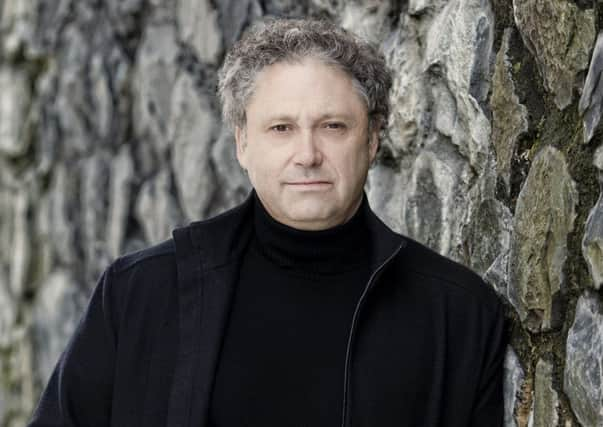Music review: The Scottish Chamber Orchestra and Richard Egarr


The Scottish Chamber Orchestra and Richard Egarr *****
Queen’s Hall, Edinburgh
Egarr’s finale might have been a little too brisk to truly summon a sense of spiritual wonder at nature’s creations, but it was as if his awe-struck shepherd couldn’t contain his eagerness to thank the Almighty after Egarr’s raging, volatile storm. And the SCO players lapped up Egarr’s enthusiastic, energetic, demandingly precise direction – there was a true sense of partnership, only confirmed by Egarr insisting the whole band bowed at the end.
Beforehand, though, came something of an oddity – as Egarr warned us in his amusing introduction – in the form of the First Symphony by French early Romantic Étienne Méhul, almost exactly contemporary with Beethoven’s Pastoral, but an entirely different piece in its froth, wit and unpredictable but unstoppable repetitions. It was a bit of a historical curiosity, but fascinating nonetheless – especially in its striking, pre-Berlioz orchestration – and Egarr and the SCO bristled with conviction in their high-octane account.
Advertisement
Hide AdAdvertisement
Hide AdFor the concert opener, Beethoven’s Prometheus Overture, Egarr had bounded onto the stage, commanding its arresting opening chords even before the audience’s applause had died down. It set the tone perfectly for his electrifying, provocative concert.